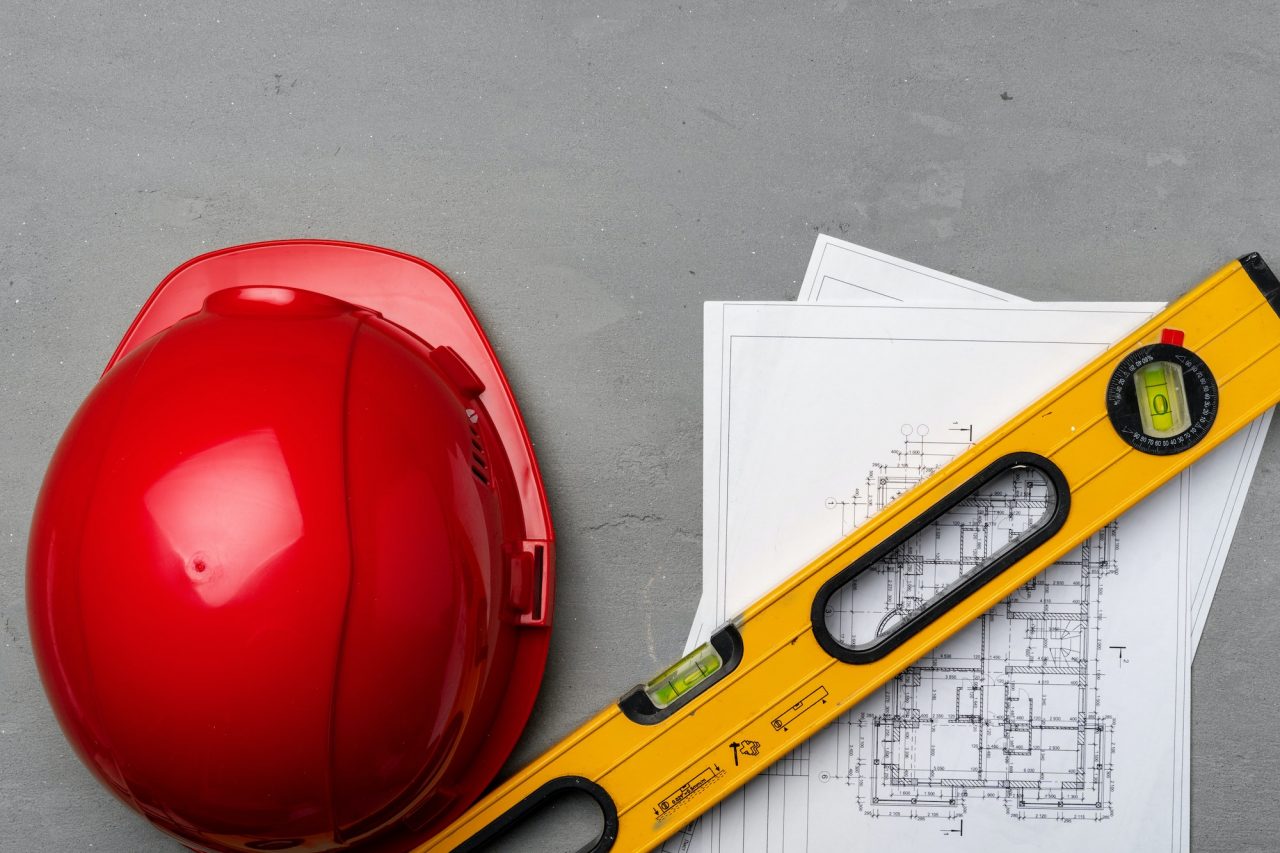There are numerous cybersecurity-related certifications Certified Information Security Manager (CISM), Certified Information Systems Security Professional (CISSP), CompTIA Security+, Certified Ethical Hacker (CEH), CompTIA Cybersecurity Analyst (CySA+) , IT Infrastructure Library Certification (ITIL), available, with more being developed all the time. Maintaining these credentials may necessitate additional study!
Product-specific certifications are available, as well as certifications that relate to industry ideas. Certifications exist in the sector to ensure that standards of ability and knowledge are maintained. Roles that necessitate specific qualifications are highly specialized. If a position requires a specific skill set, certificates may be stated in the job description. A certification can broaden the range of career opportunities and serve as an excellent approach to demonstrate proficiency when applying for jobs. Let’s take a look at some of the most common certificates in this sector to see what they mean.






